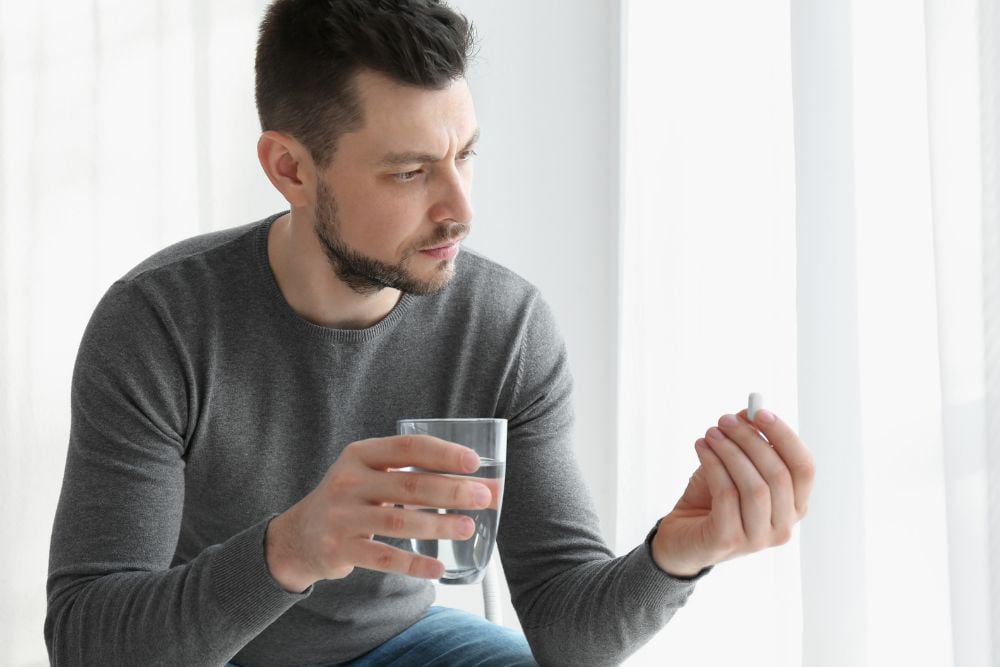Antioxidants and Male Fertility: Can Supplements Really Help?

Male factor infertility contributes to nearly half of all infertility cases. One common culprit is oxidative stress, which occurs when harmful molecules called reactive oxygen species (ROS) build up faster than the body’s antioxidants can neutralize them. While small amounts of ROS are normal, factors like smoking, poor diet, obesity, and environmental toxins can overwhelm the body’s antioxidant defenses. This imbalance can lower sperm count, reduce sperm motility (movement), and negatively impact sperm morphology (shape), all of which can interfere with fertilization. Oxidative stress can also damage sperm DNA, which may impair embryo development.
The Role of Antioxidants in Sperm Health
Semen naturally contains antioxidants to help protect sperm from ROS damage. Some studies show that men with infertility often have fewer natural antioxidants in their semen and higher levels of ROS compared to fertile men. This has led researchers to explore whether antioxidant supplements can help restore balance. So far, some of the most promising results have been found with:
- Coenzyme Q10 (CoQ10): Linked with better sperm count, motility, and morphology.
- Vitamin C and E: Protects DNA within sperm cells.
- Zinc: Plays a role in testosterone production and sperm development.
- L-Carnitine: Shown to improve sperm motility.
Clinical evidence suggests that antioxidant supplements can make a measurable difference, especially when oxidative stress is the primary issue identified in a semen analysis.
When Supplements Become Too Much
However, not all supplements marketed for “male fertility” are helpful—and some can even be harmful. Taking excessively high doses of antioxidants can trigger a condition called reductive stress, which is just as damaging as oxidative stress. In these cases, sperm health and even early embryo development may be compromised.
That’s why antioxidants aren’t a one-size-fits-all solution. For men who are not experiencing infertility issues related to oxidative stress, loading up on supplements may do more harm than good.
Lifestyle and Diet
Additionally, it’s important to remember that no pill can substitute for healthy lifestyle choices. Smoking, poor diet, obesity, and excessive alcohol use all significantly impact male fertility. A nutrient-rich diet, regular exercise, a smoke-free lifestyle, and stress management often provide a stronger foundation for reproductive health than supplements alone.
Talk to a Specialist Before Starting Supplements
If you’re considering taking antioxidant supplements, the first step is a comprehensive semen analysis and consultation with a fertility specialist. This evaluation will help determine whether oxidative stress is a true factor in your infertility and if supplements may help. At Male Fertility & Sexual Medicine Specialists, our team provides advanced testing and personalized care that can help guide your next steps. Schedule a consultation today to learn what’s right for your reproductive health.






